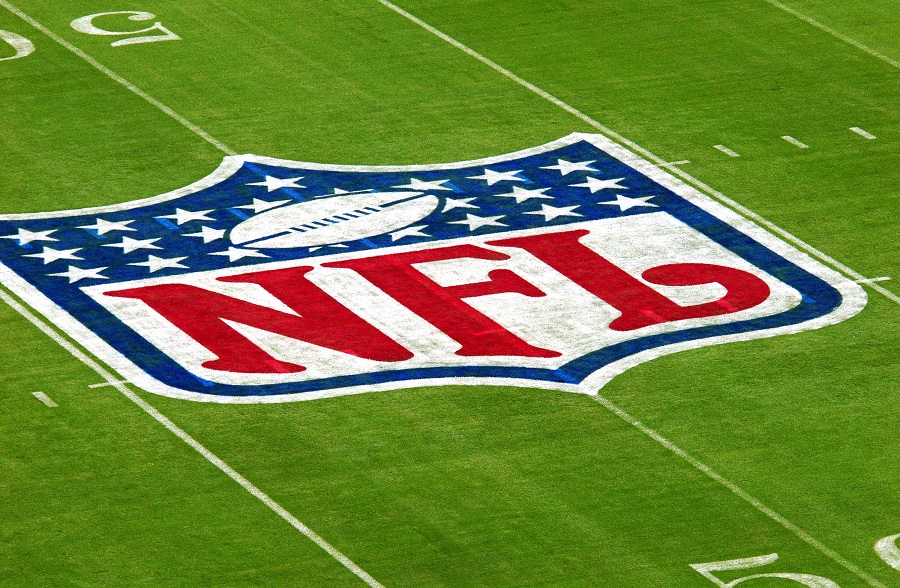

Pro football is back in full swing this week, and New Yorkers like me can take comfort during COVID-19 that the Jets and Giants both appear fully prepared to have awful seasons. Yes, life during the pandemic is getting back to some state of normal.
Also on a roll is the NFL Players Association, or NFLPA, namely, its unique program to provide the members of its union with qualified financial advisers. Now 20 years old, the NFLPA adviser program for the past few years has been steadily increasing the professionalism and depth of choice available, which is a most welcome development for all players, from stars to backups.
The NFLPA's vetting process had to change and improve; in 2013, the Financial Industry Regulatory Authority Inc. barred an NFLPA approved adviser, Jeff Rubin, for recommending to 31 NFL players that they invest in a casino project that led to losses of $43 million. Big-name players, including Plaxico Burress, Santonio Holmes, and Terrell Owens, were reportedly involved.
Other fraudsters, including Jinesh "Hodge" Brahmbhatt and Kirk Wright, had also been approved at one time by the NFLPA.
Football players are a unique bunch when it comes to their finances; they have a higher rate of bankruptcy than their compatriots who play professional baseball, basketball and hockey for a living. Their careers are shorter, they get paid less and, if they divorce after ending their careers, they often wind up paying alimony based on past, not current, earnings.
Add in the free-spending lifestyles of some players, and the financial planning picture is potentially a disaster.
That means the roughly 2,000 players in the union need the extra layers of financial protection the NFLPA adviser program has recently embraced.
Individual financial advisers must submit a detailed application and agree to an extensive background investigation, which searches for any criminal convictions or civil judgments, and meet other various requirements.
“All these modifications that the players association is undertaking are to
protect the players from fraud and from being taken advantage by unqualified or under-qualified financial advisers or sports agents," said Jordan Waxman, an adviser in the program and managing partner at Nucleus Advisors, which has $2.5 billion in assets and counts pro athletes as clients.
“When our players requested for us to create a financial adviser program 20 years ago our mission was to provide an additional avenue and layer of protection to help in navigating their unique financial situation as professional athletes," wrote Dana Shuler, the NFLPA's Co-Senior Director of Player Affairs and head of the financial adviser program, in an email. "Our recent enhancements of the program include expanded resources, increased educational opportunities and the inclusion of reputable institutions."
And the timing for tightening up the program could not be more fortuitous. The stock market has rebounded strongly after hitting the skids and dropping 35% earlier this year; in times of intense volatility, investors are particularly vulnerable to fly-by-night investment schemes.
Professional athletes, with their quick riches and lack of financial sophistication, are particularly vulnerable targets. After the financial crisis of 2008, several NFL players found themselves ensnared in alleged Ponzi schemes or legal battles over failed investments.
Most notable perhaps was former Denver Broncos quarterback John Elway, who in 2010 revealed that he and his business partner gave $15 million to a hedge fund manager who was later accused of running a Ponzi scheme.
The group in the past has focused on screening individual advisers and their practices; in the past 12 months, it has started adding institutions, including Goldman Sachs and Morgan Stanley, as approved choices for the players. About 150 advisers currently receive the OK of the NFLPA.
Adding to the improvement in the program to select a financial adviser, a few years ago the group added a requirement that at least one employee per firm must have the Certified Financial Planner designation or have passed the Chartered Financial Analyst series of exams. The NFLPA has also increased insurance requirements to include fidelity bonding, or protection against advisers who commit fraud.
Large institutions like Goldman Sachs and Morgan Stanley add stability and ballast to the NFLPA's financial adviser program because they protect clients in more ways than sheer competency and reach.
If a client owns way too much of an investment that tanks or an adviser turns out to be dirty, it is much easier for a client -- think of an NFL rookie -- to get some money back through a complaint with industry arbitration overseen by the Financial Industry Regulatory Authority Inc.
Compare that to filing a lawsuit or Finra arbitration complaint against an adviser who hangs a shingle with a small firm or a self-owned advisory practice. If there is malfeasance by an adviser who does not have the backing of a large institution, there is almost no way for an investor like a retired football star to get any of his money back.
Let's hope that these modifications at the NFLPA's financial adviser program mean that those advisers do better, for this season and in the long run, than the Jets and the Giants. The players deserve better than that.

With an aging advisor population, report looks at demographics, structures.

Formerly Fidelity Investments leader will drive move to comprehensive services.

Lawmakers decided not to agree compromise proposal in Trump tax bill.

Despite a tricky political environment, the Wall Street bank still has a goal.

A House bill could stop the SEC from blocking closed-end funds' private fund investments.
Orion's Tom Wilson on delivering coordinated, high-touch service in a world where returns alone no longer set you apart.
Barely a decade old, registered index-linked annuities have quickly surged in popularity, thanks to their unique blend of protection and growth potential—an appealing option for investors looking to chart a steadier course through today's choppy market waters, says Myles Lambert, Brighthouse Financial.
